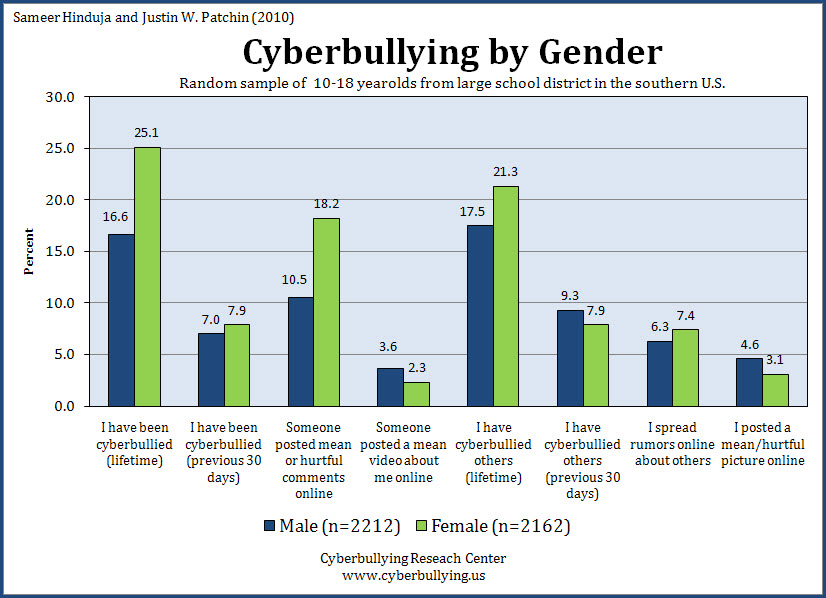21 APR 15.- IRS Scandal - day 711
The House Ways and Means Oversight Subcommittee Chairman Peter Roskam on IRS targeting
“I want to tell you a story. I want to take you back to 1996. A friend of mine in Illinois, my former law partner, Al Salvi, was running for the United States Senate. He loaned himself some money to his campaign. The Federal Election Commission—different agency than we’re talking about—but stick with me. This is like a Seinfeld episode—it’s all going to come together at the end. The Federal Election Commission said, ‘You did that the wrong way. You violated federal election law.’ They placed him under investigation. World War II headlines in the Chicago papers. He goes on and he loses the election for the United States Senate. Now, political scientists can debate whether he would have won or whether he would have lost. But let’s face it: being under investigation by the Federal Election Commission generally does not help you in a political campaign.
“At the end of that campaign, the Federal Election Commission came and they made a very large settlement demand—I don’t remember off the top of my head how many hundreds of thousands of dollars they were demanding from him. But he said, ‘I didn't do anything wrong and I’m not going to pay you any money.’ Federal Election Commission said, ‘That’s fine. We’re going to sue you,' which they did. They filed a lawsuit in federal court. The federal judge reads the pleadings [and] dismisses the case against the Federal Election Commission—finds in favor of Al Salvi. You would think that this drama all ended there. No, no, no. No, the Federal Election Commission came back. They said, ‘Well, we know you won, but we’re still going to make a settlement demand of you. We’re going to lower the amount, but we’re still going to make a demand. Because if you don’t pay us we’re going to appeal the judge’s ruling.’
“Now, you take that disposition. You take that attitude. You take that long arm of a bureaucrat and reach into the sanctity of the ballot booth. And you've got a real problem. And you up the wattage on that, and you move her over, and you give her the type of authority not that the Federal Election Commission has, but the Internal Revenue Service. To grab somebody by the throat and do whatever they want with them with the possibility of imprisoning them. That is a problem. And that’s a problem that Representative Renacci is trying to make go away.
“We had a hearing in the last Congress. And I hear a lot of testimony—we all hear a lot of testimony. But this testimony was inspirational to me. Because these were people that came in before our Committee. Committee members you’ll remember this. They told us how they had been targeted. But you know what was the most incredible thing? They kept faith with their country when it didn’t look like their country had not kept faith with them. And they said, ‘This isn’t America. My America doesn’t target me. My America doesn’t shun me out of the public square.’
“But you know the one that got the most attention in my mind was the pro-life group in Iowa, who was asked by the Internal Revenue Service, ‘Tell us about your organization. Tell us about your activity.’ And they gave a list of activities and one of the activities they said was ‘We have prayer meetings.’ And the IRS said, in writing, ‘Under penalty of perjury, tell us about your prayer meetings.’ The hair on the back of my neck is tingling at this moment as I am describing this to you because it is so scandalous.”From roskam.house.gov, reported in Forbes, USNews, WashingtonTimes, and others who continue to track the IRS scandal. It's not over yet, apparently.




















.jpg)

